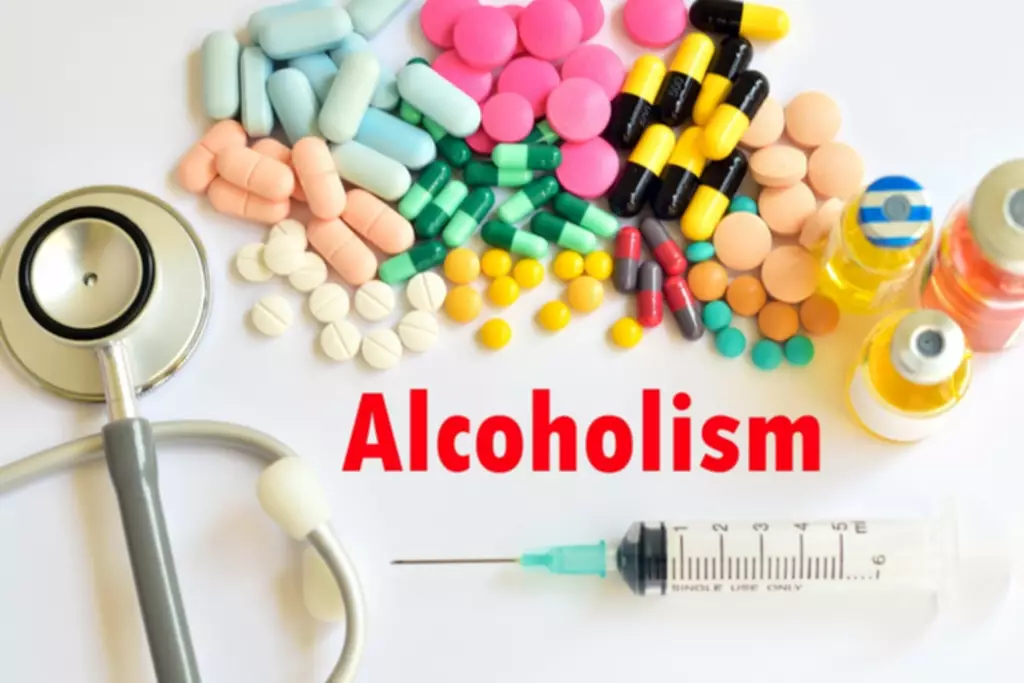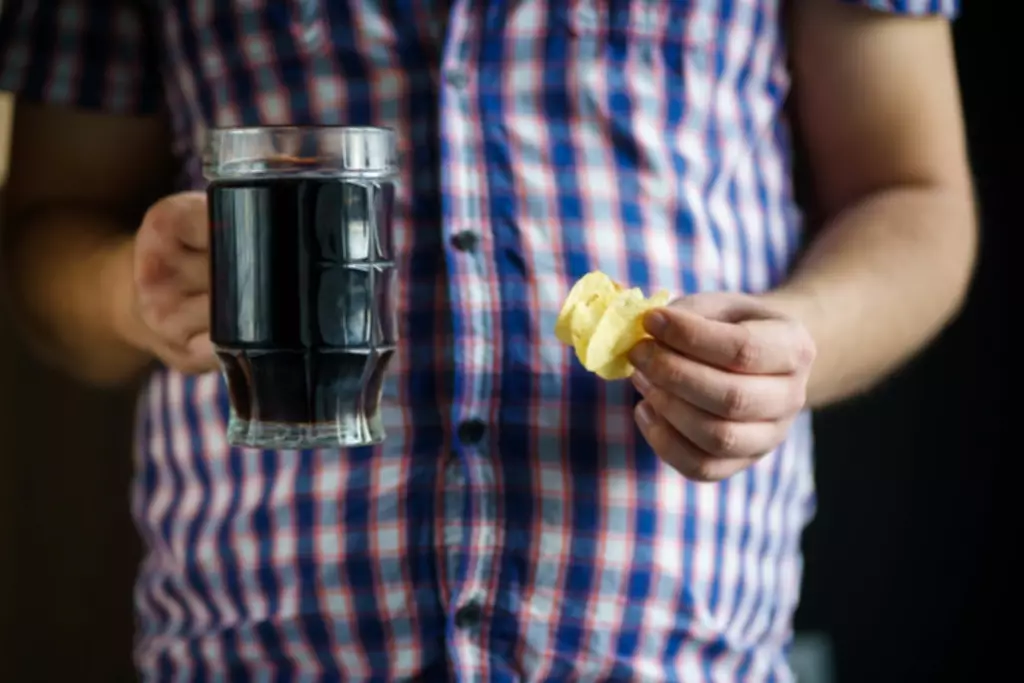Substance abuse group activities

Her passion is helping clients and families find the best treatment options to meet their individual needs as they embark on their journey to long-term recovery. Of the time she has worked in the industry, more than half has been dedicated to Admissions work, which is where she excels. group therapy activities for substance abuse Leila’s deep empathy for those suffering from substance abuse and co-occurring disorders, as well as her compassion for their family members and loved ones, is the motivating force behind her work. She understands that taking that next step is a difficult one and welcomes guiding others on this journey. Aaron has over 30 years of experience in marketing, strategy, leadership and business development . Aaron is an energetic and results driven marketing professional with the experience and qualifications to lead sales, marketing and business development activities.
Dealing with Challenges
These exercises can be particularly effective in the early stages of recovery, helping participants stay focused and motivated, ultimately supporting their mental health. Visualization techniques empower group members to create a mental image of their desired future, enhancing goal-setting in recovery. These exercises help individuals conceptualize their recovery goals and envision a positive future, promoting a sense of hope and motivation.
Group Ideas & Topics
Members brainstorm coping mechanisms like exercise, journaling, and talking to a friend, helping them build a toolkit of positive strategies to maintain sobriety. It is common to discuss many different topics in substance abuse group therapy. The following are some typical discussion topics for substance use group therapy sessions. Substance abuse group activities offer various benefits for people on the path to recovery. At Honu House, we take a comprehensive approach to substance abuse treatment, including incorporating a variety of addiction group activities. In group sessions, leaders teach the real-time practice of mindfulness to shift someone’s thoughts around addiction or mental health issues to prevent relapse and act as a form of treatment.
- Each activity offers unique benefits and can be tailored to fit individual preferences.
- The acting fosters trust and confidence in the group because they share crucial details to replay a real-life problem.
- Learning to be present and mindful is a vital part of the recovery process.
Common Group Therapy Exercises & Activities
- The group dynamic encourages honest feedback and facilitates bonding between individuals with shared experiences.
- Group mindfulness practices and relaxation techniques, such as yoga or tai chi, significantly benefit people in all stages of recovery, offering a form of self-care.
- This activity focuses on developing a comprehensive relapse prevention plan.
- This topic provides a safe space to discuss the impact of trauma on addiction and explore ways to process it healthily.
This session encourages members to share funny stories, reminding them that joy and laughter are essential to life and can help lighten difficult moments. In this session, members learn to treat themselves with kindness, focusing on forgiving their mistakes and building self-acceptance to maintain a supportive, constructive mindset. Anger can be a challenging emotion in recovery, often leading to impulsive reactions. This session teaches anger management techniques, such as counting to ten, stepping away, and deep breathing, helping members manage frustrations without turning to substances. Good nutrition is foundational for mental and physical health, especially in recovery. This session educates members on balanced diets, the importance of nutrients, and how dietary choices can positively impact mood, energy, and overall well-being.


By promoting honest discussions and shared insights, these groups help participants build stronger relationships and enhance their emotional well-being. CBT groups teach essential skills related to substance use and Sober living home broader life skills such as managing anger and solving problems. Role-playing is often used in these sessions to help group members enhance empathy and understand situations from another’s perspective. A stable and predictable environment further enhances this feeling of safety and belonging, which is vital for those recovering from substance use disorders.
Treatment Options
- Group goal-setting helps people in recovery set and pursue meaningful objectives together.
- This topic explores steps to regain trust from family, friends, and oneself, fostering stronger, healthier relationships.
- Support groups are an opportunity to create an inclusive and connected environment by bringing together individuals that share common ground.
These activities provide a structured and enjoyable approach to therapy sessions, making them more accessible and encouraging active participation. Spending time outdoors and engaging in nature-based activities can have a profound impact on individuals in recovery. Nature offers a peaceful and rejuvenating environment that can help relieve stress, promote relaxation, and enhance overall well-being. Group outdoor activities, such as hikes or nature walks, provide individuals with a shared experience and the opportunity to connect with the healing power of nature. Furthermore, music therapy can serve as a powerful tool for managing stress and anxiety. The soothing and calming effects of music can help individuals regulate their emotions and find inner peace.
Trauma triggers and crisis management

Group activities with peers in recovery both during and following treatment can provide support. Clients receive blank pieces of paper and are tasked to write the names of who they think is most likely and least likely to relapse. After writing their own name on the sheet, they turn it in to staff (effectively allowing staff to maintain a safe and productive environment). If they choose, clients can share what they wrote and provide additional feedback.

Through role-playing exercises, members are encouraged to see situations from others’ perspectives, which fosters compassion for themselves and others, enhancing social bonds within the group. Art therapy gives members an outlet to express emotions and experiences creatively. By using drawing, painting, or collage-making, members can explore feelings they may find hard to verbalize, allowing for a therapeutic release and greater self-awareness. He has been actively involved in the field of substance abuse and recovery since 2016. Most recently, prior to joining Alina Lodge, Jim was a Business Development Representative for an outpatient facility that offered partial care, intensive outpatient and regular outpatient programs.
